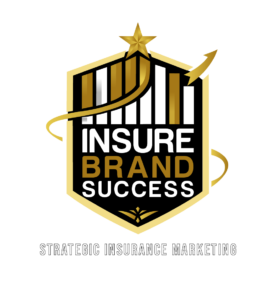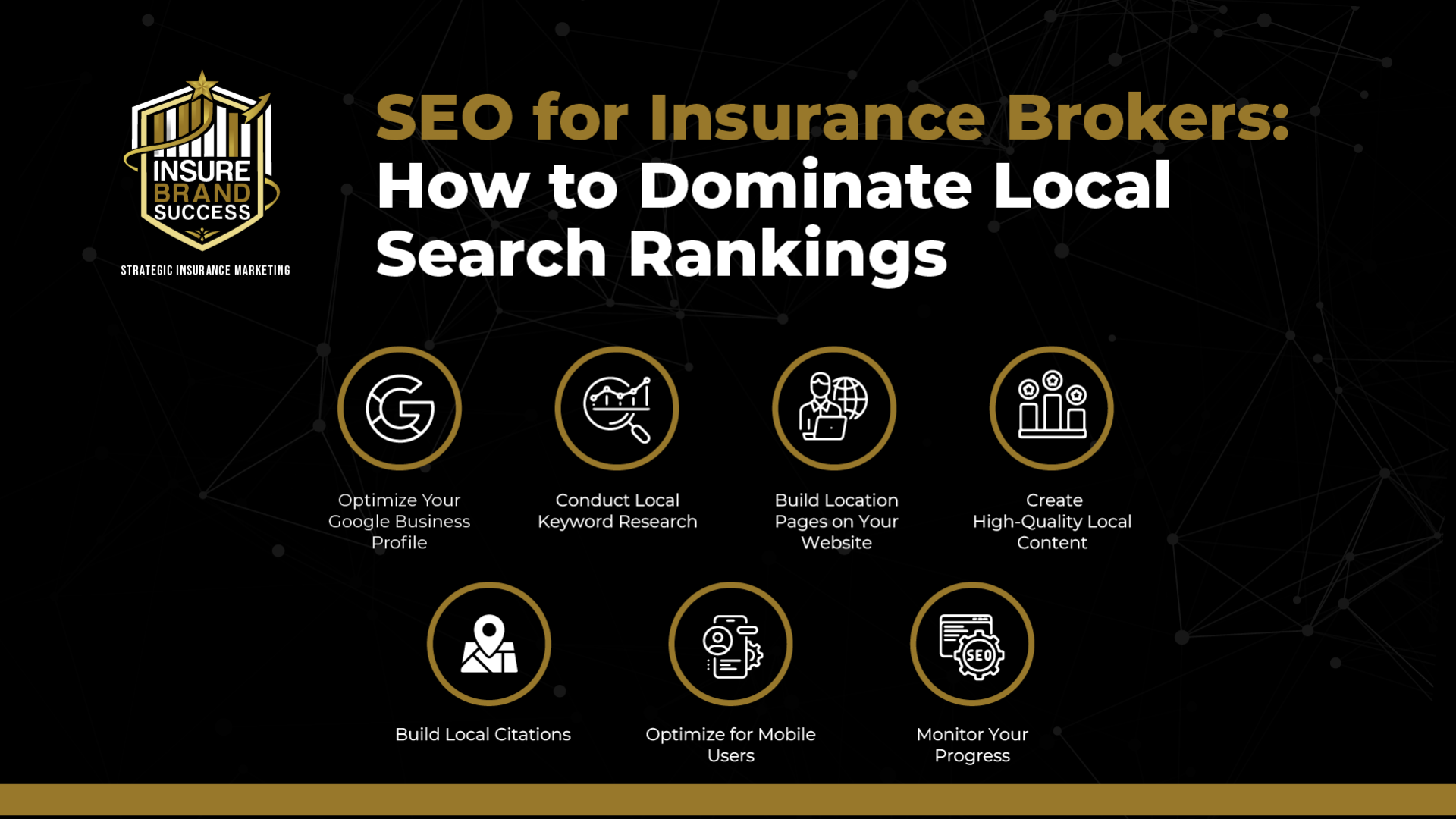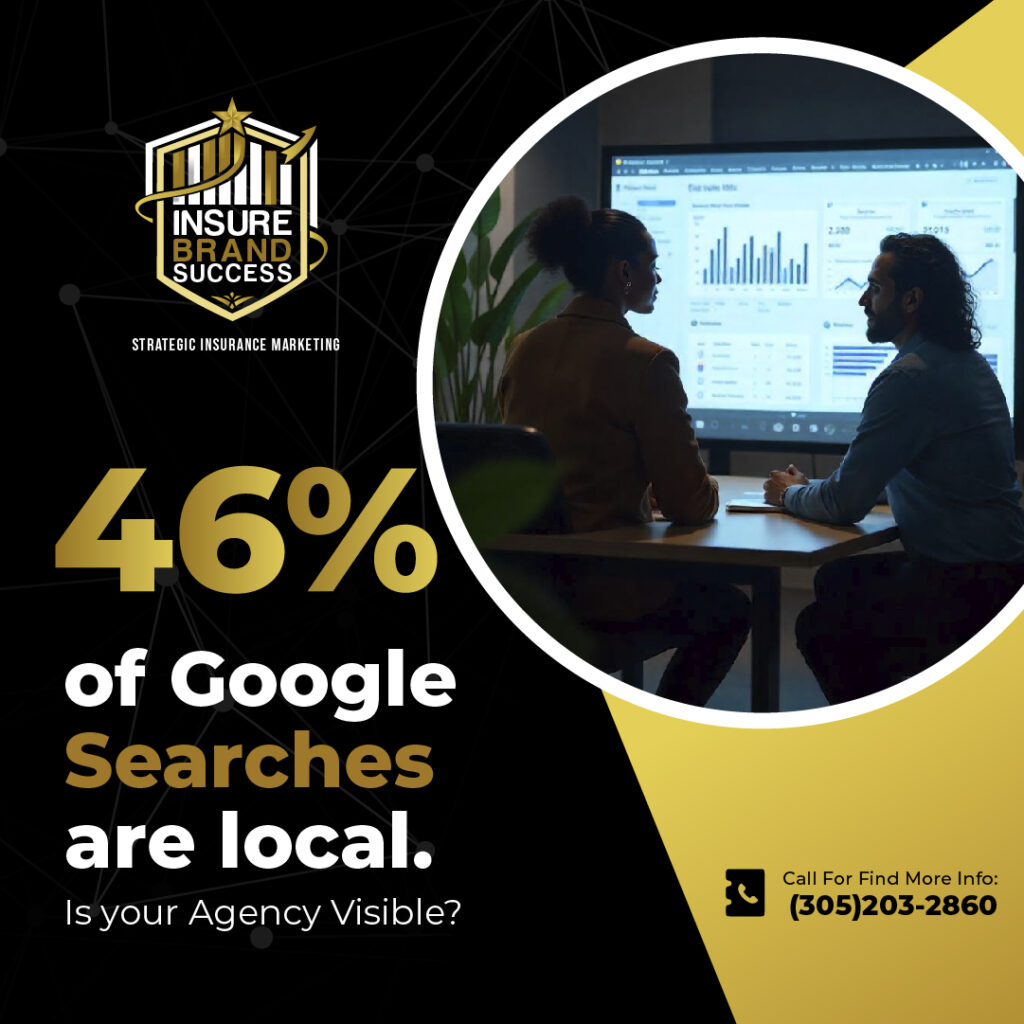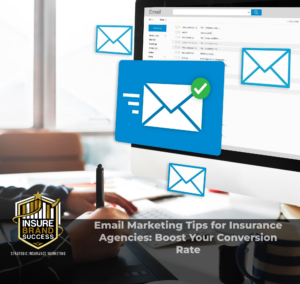In today’s competitive insurance landscape, it’s not enough to simply have a website. For insurance brokers, success depends on visibility—especially in local markets where most of your clients are searching for services. SEO for Insurance Brokers is the key to standing out in search results, attracting the right clients, and driving more business. If you’re an insurance broker wondering how to dominate local search rankings, this guide will walk you through actionable strategies to improve your visibility with local SEO and optimized content.
5 Game-Changing SEO Tips (Video) Every Insurance Broker Needs to Know
Why Local SEO Matters for Insurance Brokers
When potential clients search for “insurance brokers near me” or “health insurance in [city],” you want your agency to appear at the top of the results. Local SEO focuses on optimizing your online presence so you rank higher for geographically targeted searches. Here’s why it’s crucial:
Client Proximity
Most clients prefer to work with local brokers who understand their area-specific needs. Think about it: insurance isn’t a one-size-fits-all solution. Clients want personalized advice that takes local factors into account, whether it’s state regulations, weather risks, or regional trends. By optimizing for local search, you’re making it easier for nearby clients to find you and trust that you’re the right fit for their unique needs.
Search Trends
Did you know that over 46% of all Google searches have local intent? This means nearly half of the people using Google are looking for businesses or services nearby. For insurance brokers, this represents a massive opportunity to capture traffic from potential clients actively searching for “best insurance agent near me” or “life insurance in [city].” By implementing local SEO strategies, you ensure your agency is visible when and where it matters most.
Competitive Edge
If you’re not investing in local SEO, chances are your competitors are. Effective local SEO puts you ahead of brokers who haven’t optimized their strategies. Imagine a potential client searching for “auto insurance broker in [city]” and seeing your name prominently displayed at the top of the results. Not only does this visibility establish credibility, but it also positions you as the go-to expert in your area.
Cost Efficiency
One of the greatest advantages of local SEO is cost efficiency. Unlike paid advertising, which requires ongoing investment, ranking organically in local search results provides sustained traffic without incurring additional costs. While SEO does require time and effort upfront, the long-term benefits far outweigh the initial investment. Over time, you’ll rely less on paid ads and see a higher return on investment through organic leads.
In summary, local SEO is an essential tool for insurance brokers looking to grow their client base, establish authority in their community, and stay ahead of the competition. By focusing on proximity, leveraging search trends, gaining a competitive edge, and maximizing cost efficiency, you can ensure your agency is the first choice for clients searching online.
Step 1: Optimize Your Google Business Profile
Your Google Business Profile (formerly Google My Business) is the cornerstone of local SEO. Here’s how to optimize it:
1. Claim and Verify Your Listing
- Visit Google Business Profile to claim your listing.
- Follow the verification process (via postcard, phone, or email).
2. Ensure Accurate Information
- Business Name: Use your official agency name.
- Address and Phone Number: Ensure consistency across all online platforms.
- Business Hours: Update regularly, including holiday hours.
3. Add Keywords to Your Profile
Incorporate phrases like SEO for Insurance Brokers and Local SEO for Insurance Agents into your business description. For example:
“We are a local insurance brokerage specializing in personalized policies. Our expertise in local markets ensures you get the best coverage for your needs.”
4. Collect and Respond to Reviews
Encourage satisfied clients to leave positive reviews. Respond to all reviews—positive and negative—to show you’re engaged and professional.
Step 2: Conduct Local Keyword Research
Keywords are the foundation of any successful SEO strategy. To attract local clients, focus on location-specific keywords. For example:
- “Auto insurance broker in [city]”
- “Best home insurance agent near me”
- “Health insurance in [region]”
Tools for Keyword Research
- Google Keyword Planner: Free tool for identifying search volume and competition.
- SEMrush or Ahrefs: Advanced tools for in-depth keyword analysis.
- Google Autocomplete: Type phrases into Google and note the suggestions.
Long-Tail Keywords
Don’t ignore long-tail keywords like “local life insurance broker for families in [city].” These often have less competition and higher conversion rates.
Step 3: Build Location Pages on Your Website
If your agency serves multiple locations, create a dedicated page for each area. For example:
- “Home Insurance in Miami”
- “Auto Insurance Broker in Chicago”
Key Elements for Location Pages
- Unique Content: Avoid duplicating content across location pages.
- Local Keywords: Incorporate city-specific terms like “[City] insurance agent.”
- NAP Consistency: Display your Name, Address, and Phone number prominently.
- Customer Testimonials: Add location-specific reviews to build trust.
Step 4: Create High-Quality Local Content
Content is still king when it comes to SEO. Writing valuable, location-specific content can help you rank higher and build authority. Ideas include:
Blog Topics:
- “5 Tips for Choosing the Right Auto Insurance in [City]”
- “How Home Insurance Rates Vary Across [Region]”
- “The Importance of Local Insurance Brokers in [City]”
Content Optimization Checklist:
- Use local keywords naturally in your titles, headers, and body text.
- Add internal links to related service pages.
- Incorporate visuals like maps or images of your local office.
Step 5: Build Local Citations
Citations are mentions of your business on other websites, such as directories. These help Google verify your legitimacy and improve local rankings.
Where to List Your Agency:
- Insurance-Specific Directories:
- TrustedChoice.com
- IndependentAgent.com
- General Directories:
- Yelp
- Yellow Pages
- Local Directories:
- Chamber of Commerce websites
- Local business association sites
Citation Best Practices:
- Ensure NAP consistency across all listings.
- Regularly update your listings to avoid outdated information.
Step 6: Optimize for Mobile Users
With over 60% of searches happening on mobile devices, a mobile-friendly website is non-negotiable.
Mobile Optimization Tips:
- Use a responsive design that adjusts to different screen sizes.
- Improve site speed by compressing images and using a Content Delivery Network (CDN).
- Make your contact information clickable (e.g., “Call Now” buttons).
Step 7: Monitor Your Progress
SEO isn’t a one-and-done process. Regular monitoring and adjustments are critical to maintaining and improving your rankings.
Tools for Tracking:
- Google Analytics: Measure traffic, bounce rates, and conversions.
- Google Search Console: Track keyword rankings and site performance.
- SE Ranking or Moz: Monitor local SEO performance.
Adding a Personal Touch: Connecting SEO with Client Needs
Local SEO is not just about rankings and algorithms; it’s about building connections with your clients. Here are some creative ways to humanize your SEO efforts while adding value to your client relationships:
Share Local Insights
Include insights about your community in your content. For example, write blog posts about how local regulations, seasonal changes, or neighborhood trends affect insurance needs. This not only boosts your SEO but also demonstrates your expertise in the local market.
Highlight Success Stories
Feature testimonials and case studies that showcase how your services have helped local clients. For instance, a story about how you guided a small business owner in your city to find the perfect insurance policy can resonate deeply with potential clients.
Engage on Social Media
Use platforms like Facebook and LinkedIn to share updates about your agency’s involvement in local events, sponsorships, or charity work. Tag local businesses or organizations to increase visibility and strengthen community ties.
Offer Educational Resources
Create downloadable guides or checklists tailored to your community. For example, “5 Things Every Homeowner in [City] Should Know About Insurance.” Promote these resources on your website and through email campaigns to capture leads.
Be Available
Include a live chat feature on your website to answer client questions in real-time. Ensure your contact information is easily accessible and offer flexible ways for clients to reach you, such as phone, email, or even virtual consultations.
By connecting your SEO efforts to meaningful client interactions, you not only improve your rankings but also establish your agency as a trusted and approachable partner in the insurance journey.
FAQs About SEO for Insurance Brokers
What is local SEO for insurance brokers?
Local SEO focuses on optimizing your online presence to attract clients searching for insurance services in a specific geographic area. This includes strategies like optimizing your Google Business Profile, using local keywords, and building citations. Local SEO ensures your business appears prominently in geographically targeted search results, helping nearby clients find you quickly and easily.
How long does it take to see results from local SEO?
Results from local SEO typically take 3-6 months, depending on various factors such as the competitiveness of your market, the quality of your existing website, and how well you implement strategies. While some improvements, like increased traffic, can happen sooner, sustained growth and ranking higher in local search results require consistent effort and monitoring.
Do I need a Google Business Profile?
Yes, having a Google Business Profile is essential for local SEO. This free tool ensures that your business appears in Google Maps and local search results. It allows potential clients to find your contact information, read reviews, and even see photos of your business. A well-optimized profile significantly enhances your visibility in local searches.
Can I do SEO myself or should I hire a professional?
While basic SEO tasks like creating local content or optimizing your Google Business Profile can be handled in-house, hiring a professional agency like InsureBrandSuccess.com ensures you benefit from advanced strategies, ongoing optimization, and analytics-driven improvements. Professionals save time and often deliver better results, helping you focus on growing your agency.
What’s the cost of local SEO for insurance brokers?
Costs vary widely based on the scope of work and your goals. Basic packages can start at $500 per month, while comprehensive SEO campaigns that include advanced analytics, content creation, and citation building may cost upwards of $2,000 per month. The investment often pays off in increased visibility and leads.
How do reviews impact local SEO?
Reviews play a significant role in local SEO. Positive reviews improve your ranking in local search results and build trust with potential clients. Google considers both the quantity and quality of reviews when determining rankings. Encourage satisfied clients to leave detailed reviews and respond to them professionally to demonstrate engagement.
How do I optimize my website for local SEO?
To optimize your website for local SEO, focus on adding location-specific keywords, creating dedicated location pages, and ensuring NAP (Name, Address, Phone number) consistency. Include internal links to other pages on your website and external links to credible sources. A responsive, mobile-friendly design is also crucial for ranking well in local searches.
What are citations, and why are they important?
Citations are online mentions of your business’s Name, Address, and Phone number (NAP) on directories or other websites. They help Google verify the legitimacy of your business and improve your local search ranking. Ensure that your citations are consistent across all platforms, including Yelp, Yellow Pages, and industry-specific directories like TrustedChoice.com.
Can social media help with local SEO?
Yes, social media can enhance your local SEO efforts. Engaging with your audience on platforms like Facebook or LinkedIn increases your online visibility and drives traffic to your website. Sharing local content and encouraging followers to leave reviews or tag your business boosts credibility and strengthens your local presence.
How does mobile optimization affect local SEO?
With the majority of local searches happening on mobile devices, a mobile-optimized website is crucial. Google prioritizes mobile-friendly sites in search results, so ensure your site loads quickly, is easy to navigate, and includes clickable contact information. Mobile optimization directly impacts your ability to rank well in local searches.
What metrics should I track to measure local SEO success?
Key metrics for measuring local SEO success include:
- Local Search Rankings: Track how your site ranks for location-specific keywords.
- Website Traffic: Monitor increases in organic traffic, especially from local visitors.
- Google Business Profile Insights: Review how often your profile is viewed and clicked.
- Conversion Rates: Track how many visitors take actions like calling your office or filling out a contact form. Regularly analyzing these metrics helps you refine your strategies and maximize results.
Ready to Dominate Local Search Rankings?
If you’re ready to take your insurance agency to the next level, optimizing for local SEO is the way to go. At InsureBrandSuccess.com, we specialize in helping brokers like you stand out and attract more clients.
Book a free SEO audit for your website today and discover how we can help you dominate local search results!







